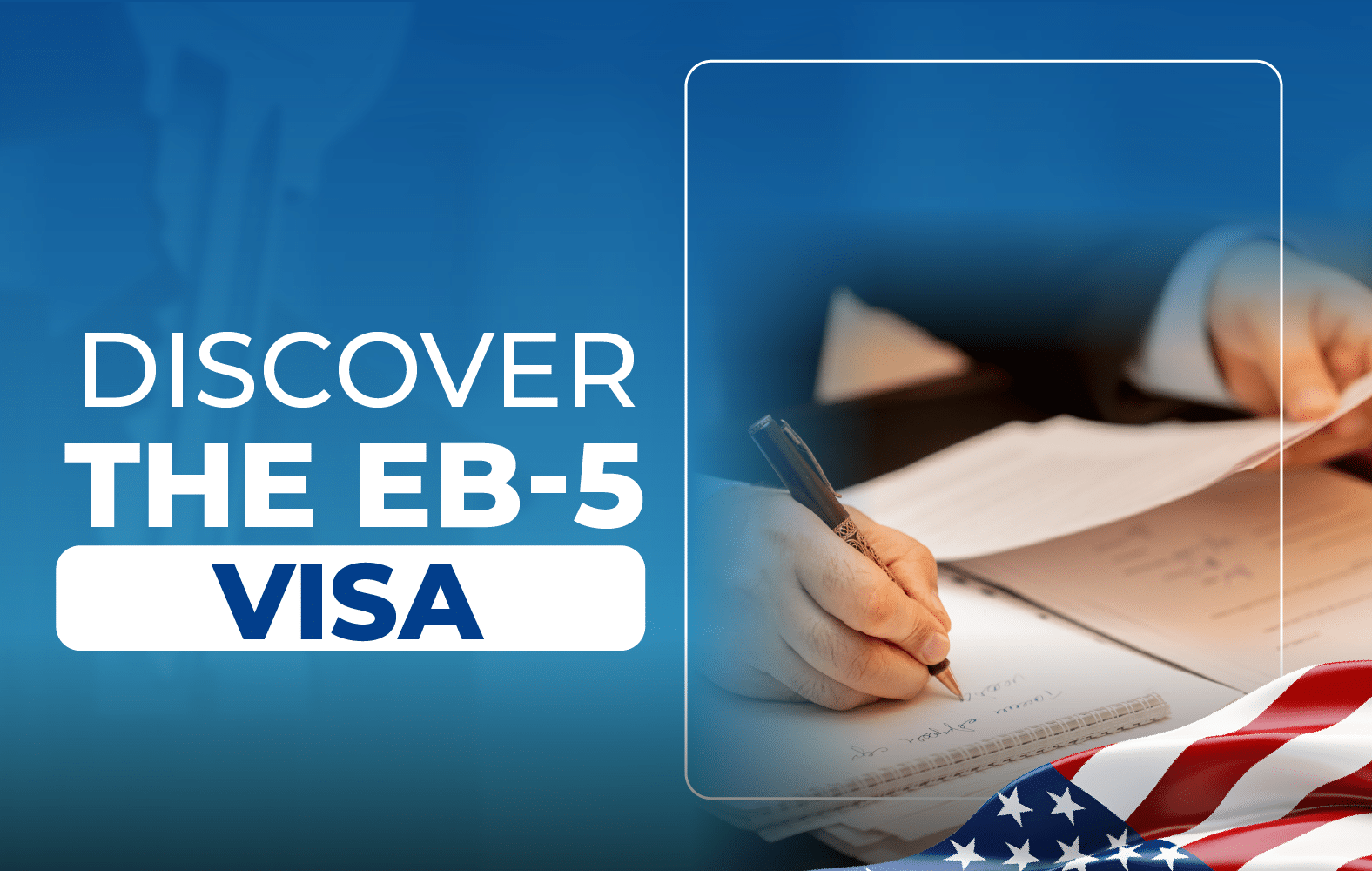Businesses and franchises
What are the steps to follow before developing a business in the United States?

1. Market research: Through market research you will know if there is an opportunity to turn your idea into a successful business. It’s a way to gather information about potential customers and businesses that are already operating in your area. Use that information to find a competitive advantage for your company.
2. Business Plan: It is a road map of how to structure, operate and grow your new company. It will help you convince people that working with you (or investing in your company) is a smart choice.
3. Financing your business: Your business plan will help you estimate how much money you will need to start your business. If you don’t have that amount now, you’ll have to raise funds or borrow the principal. Fortunately, today there are more ways than ever to find the capital you need.
4. Choose the location of your business: One of the most important decisions you will make is the location of your business. Whether you’re setting up a brick-and-mortar business or launching an online store, the decisions you make could affect your taxes, legal obligations, and earnings.
5. Choose a business structure: The legal structure you choose for your business will influence your business registration requirements, the amount of taxes you pay, and your personal liability.
6. Choose the name of your company: It is not easy to choose the perfect name. You would want one that reflects your brand and captures your spirit. You’ll also want to check that the name you settled on isn’t already being used by someone.
7. Company registration: Once you have chosen the ideal name for the company, it will be time to legalize it and protect your brand. If you are doing business under a name other than your personal name, you will need to register with the federal government and perhaps your state government as well.
8. Federal and State Tax ID: You’ll use your Employer Identification Number (EIN) for things important to starting and growing your business, like opening a bank account and paying taxes. It’s like a social security number for your company. Some states also require you to obtain a tax ID. But this is not the case in Florida.
9. Licenses and permits: Always comply with the regulations to keep your business running smoothly. The licenses and permits your business needs vary by industry, state, location, and other factors.
10. Open a business bank account: A small business checking account can help you handle day-to-day, tax and legal issues. The good news is that it’s easy to open one if you have the right records and documents ready.
8 steps to acquire a franchise in the United States
The research and analysis service is important to find the right franchise. It is also important that customers understand the entire process and steps involved in becoming a franchisee. Therefore, we have outlined in the following pages, the 8 typical process needed during the franchise review process to help the investor make an educated and informed investment decision.
1. Client profile
Before looking for and analyzing a franchise, the potential investor needs to understand his profile, in order to establish the base from which to analyze potential franchise investments. Important factors to consider are: level of investment, desired participation in the business, industries of interest, return on investment objectives, and desired territory or area to locate, among others. These factors will help the potential franchise investor narrow down their list of possible investment options. Additionally, if the individual is a foreign national seeking to do an EB-5, L-1 or E-2 investor visa, then they will also need to ensure that the franchise has all the required characteristics to qualify them for one of those investor visas. .
2. Presentation and analysis of options
Once the investor’s profile is resolved, you can begin to review the different franchise options that best suit you. At this stage it is important to understand the business in general and decide if it is of interest to them and their family. A relevant question to consider is whether they are really interested in the business. The investor should try to avoid investing in a franchise or industry in which they have no interest. Typically, franchise owners with the most passion for their business or industry and who are willing to work closely with the business for the first year or two are the most successful.

3. Interview with the selected franchise
The so-called kickoff meeting is an integral part of the process when deciding which franchise investment is right for you. It would be the first time that a potential franchisee speaks directly with someone from the franchise team. This first contact is basically an interview for both parties. On the one hand, the potential franchise investor should be looking to understand the business, what would be required of them to run the business on a day-to-day basis, and the investment requirements to get the business up and running. On the other hand, the franchisor is usually looking to find out if the prospective franchisee is qualified. Every franchisor is different although they typically try to see if the potential franchise candidate shares the same characteristics of their most successful franchise owners. Franchisors are selective as they need to ensure that only qualified franchisees enter their franchise system and maintain brand standards. At the end of the day, entering into a franchise agreement should make sense to both the franchisee and the franchisor, as each is committed to a long-term relationship, typically lasting 10 years.
4. Detailed evaluation process
Many franchisors, especially the more established ones, will ask the potential franchise investor to complete a franchise application. The application is typically just a few pages containing a series of questions about the applicant’s profile and personal finances. The franchisor requests this information to ensure that the potential franchisee meets the minimum requirements. This saves both the potential franchisee and franchisor time by verifying that requirements are met before moving further in the process.
5. Signing of the agreement with the franchise (FDD)
Once the franchisor approves the franchise application, they will normally send the applicant the Franchise Disclosure Document, or also known as FDD. The FDD is a legal document presented to potential franchise buyers in the pre-sale disclosure process. It provides relevant information about the franchisor and the franchise system to the franchisee. As this type of business is regulated by the Federal Trade Commission (FTC), it is required that they have this document to present to potential franchisees.
Each potential franchisee has the opportunity to review the document for a minimum of 14 days before signing. The applicant will have time to contact the franchisor and ask any questions they may have regarding the document. We recommend to all our clients that a specialized lawyer review the document to fully understand it before signing the agreement.
6. Training
Before the development is completed, the franchisee will train with the franchisor. Typically, this training takes place at the franchisor’s headquarters. Also a few days in the franchisee’s unit. The training period prepares the franchisee to run the business as soon as their unit is ready to open. Also, the franchisee typically hires and trains employees with the help of the franchisor before opening its doors.
7. Start of preoperative stage
Once the lease is negotiated and signed, the development phase begins. Here, some franchisors will make you follow a project management or turnkey planning, others will offer their contacts such as architects, suppliers and contractors, in which the franchisee must then manage.
Franchises regularly offer great support during the development phase, so it is important for the franchisee to understand how the franchisor will support them during this initial phase.
8. Business opening
With their unit fully developed and training completed, the franchisee is ready to open their business and begin operations. From here on out, the success or failure of the business is largely in the hands of the franchisee. It is important to follow the proven formula that the franchisor has created and continues to adapt. The franchisee can and should seek advice from the franchisor, as well as the franchise network, for any questions or doubts they may have during the course of their business. At the end of the day, the entire franchise system benefits when every franchisee is successful.




